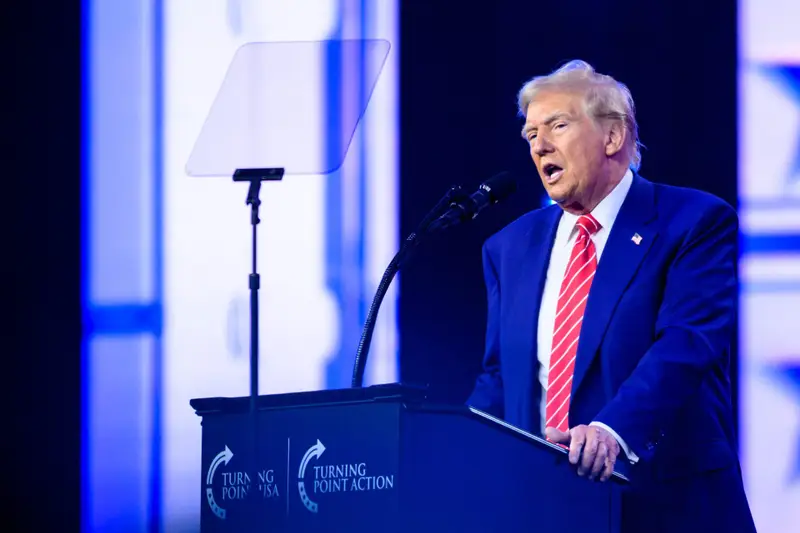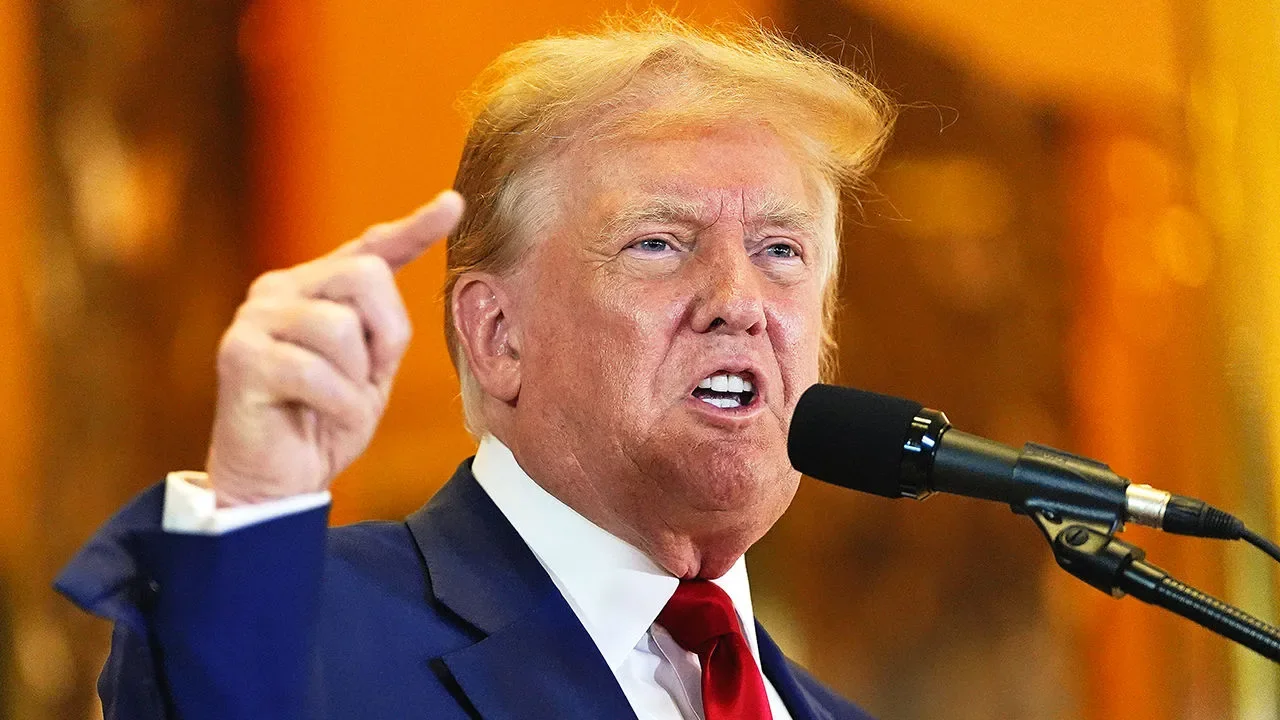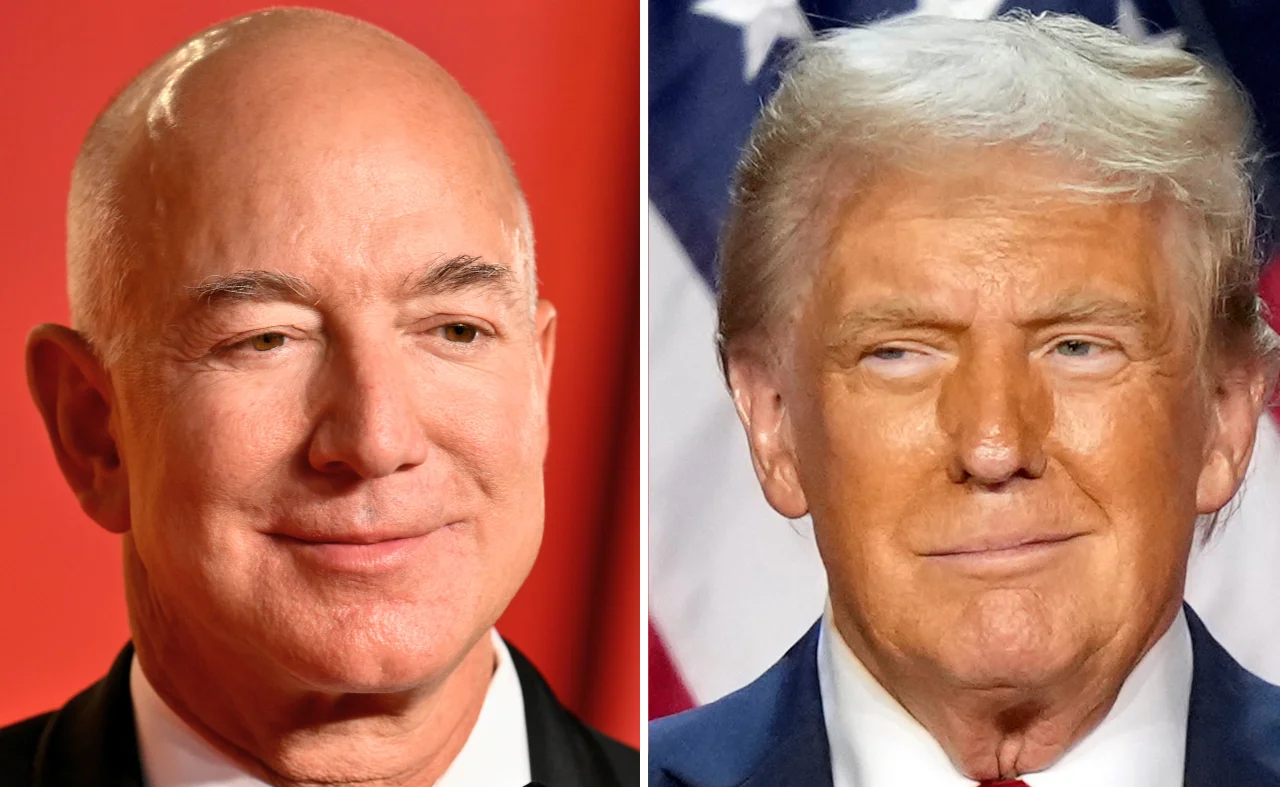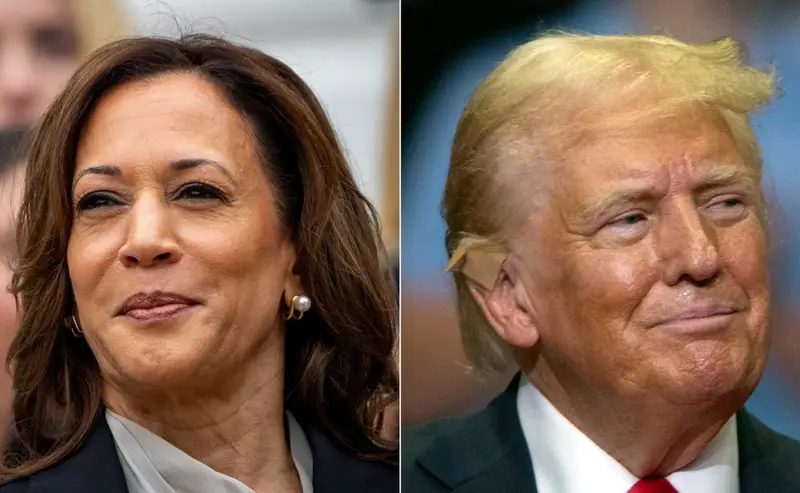President-elect Donald Trump has made a direct appeal to the United States Supreme Court, asking for a delay in implementing a nationwide ban on TikTok. The former president hopes to use the extra time to resolve the issue diplomatically once he takes office.
Congress passed a law earlier this year, the Protecting Americans from Controlled Applications Act, requiring TikTok to either divest from its Chinese parent company, ByteDance, or face a ban in the United States. The deadline for compliance is January 19, 2025. Earlier this month, TikTok executives filed an emergency appeal to the Supreme Court to block the law, and Trump’s legal team joined the effort on Friday, filing a separate request to postpone the ban.
In the filing, Trump’s attorney, D. John Sauer, emphasized that the incoming president is not taking sides in the legal debate but is seeking time to address the matter through negotiations. Sauer wrote, “President Trump takes no position on the underlying merits of this dispute. Instead, he respectfully requests that the Court consider staying the Act’s deadline for divestment of January 19, 2025, while it considers the merits of this case, thus permitting President Trump’s incoming administration the opportunity to pursue a political resolution.”
Trump’s legal team framed the president-elect as uniquely qualified to broker a solution that balances national security concerns with saving the platform. “President Trump alone possesses the consummate deal-making expertise, the electoral mandate, and the political will to negotiate a resolution to save the platform while addressing the national security concerns expressed by the government – concerns which President Trump himself has acknowledged,” Sauer added.
During his campaign, Trump expressed strong opposition to the TikTok ban and promised to protect the app, which is popular among young voters. After meeting with TikTok CEO Shou Zi Chew earlier this month, Trump publicly said, “I have a warm spot in my heart for TikTok because I won youth by 34 points. There are those who say TikTok had something to do with that.”
In their filing, Trump’s lawyers also described him as “one of the most powerful, prolific, and influential users of social media in history.” The document highlighted his record of achieving significant policy goals through deal-making during his first term, suggesting he could succeed in resolving the TikTok issue as well.
Despite Trump’s efforts, the Supreme Court has scheduled an expedited review of the case. Oral arguments from both the government and TikTok are set to begin on January 10, 2025, giving the court only nine days to issue a ruling before the divestment deadline. TikTok’s legal team argues that the ban violates the First Amendment, but the U.S. Court of Appeals for the District of Columbia Circuit upheld the law, citing national security risks.
The U.S. government has expressed concerns that ByteDance could share American user data with the Chinese government or manipulate content on the platform to influence public opinion. These fears were the basis for President Joe Biden signing the TikTok ban into law in April 2024.
Meanwhile, speculation is growing over potential buyers for TikTok’s U.S. operations. Wealthy individuals and tech companies have expressed interest, though any deal would likely face scrutiny from both U.S. and Chinese regulators. Among those rumored to be exploring a purchase is Kevin O’Leary, a star of “Shark Tank,” and Activision CEO Bobby Kotick.
Kotick, who orchestrated the $69 billion sale of Activision to Microsoft, has reportedly discussed acquiring TikTok. According to the Wall Street Journal, Kotick floated the idea at a dinner in March, attended by prominent figures, including OpenAI CEO Sam Altman. With Altman’s expertise in artificial intelligence and his $2 billion net worth, he could play a pivotal role in reshaping TikTok for a U.S. audience.
However, any deal would require approval from China’s Commerce Ministry, which has strongly opposed ByteDance selling TikTok. China has indicated that such a sale would undermine its control over sensitive technologies.
In the meantime, TikTok has attempted to argue that its operations in the U.S. do not pose a legitimate threat. The company also pointed to Trump’s support during his campaign as evidence that the situation might change after the inauguration.
While Trump seeks to delay the ban, the Biden administration has moved forward with implementing the law, creating a tight deadline for any potential resolution. With TikTok’s future in the balance, the legal battle at the Supreme Court will play a significant role in determining whether the app continues operating in the U.S. or faces a nationwide ban.
As January 20 approaches, the question remains whether Trump’s negotiations could save TikTok or whether the app will be forced to divest from ByteDance under the existing law.





